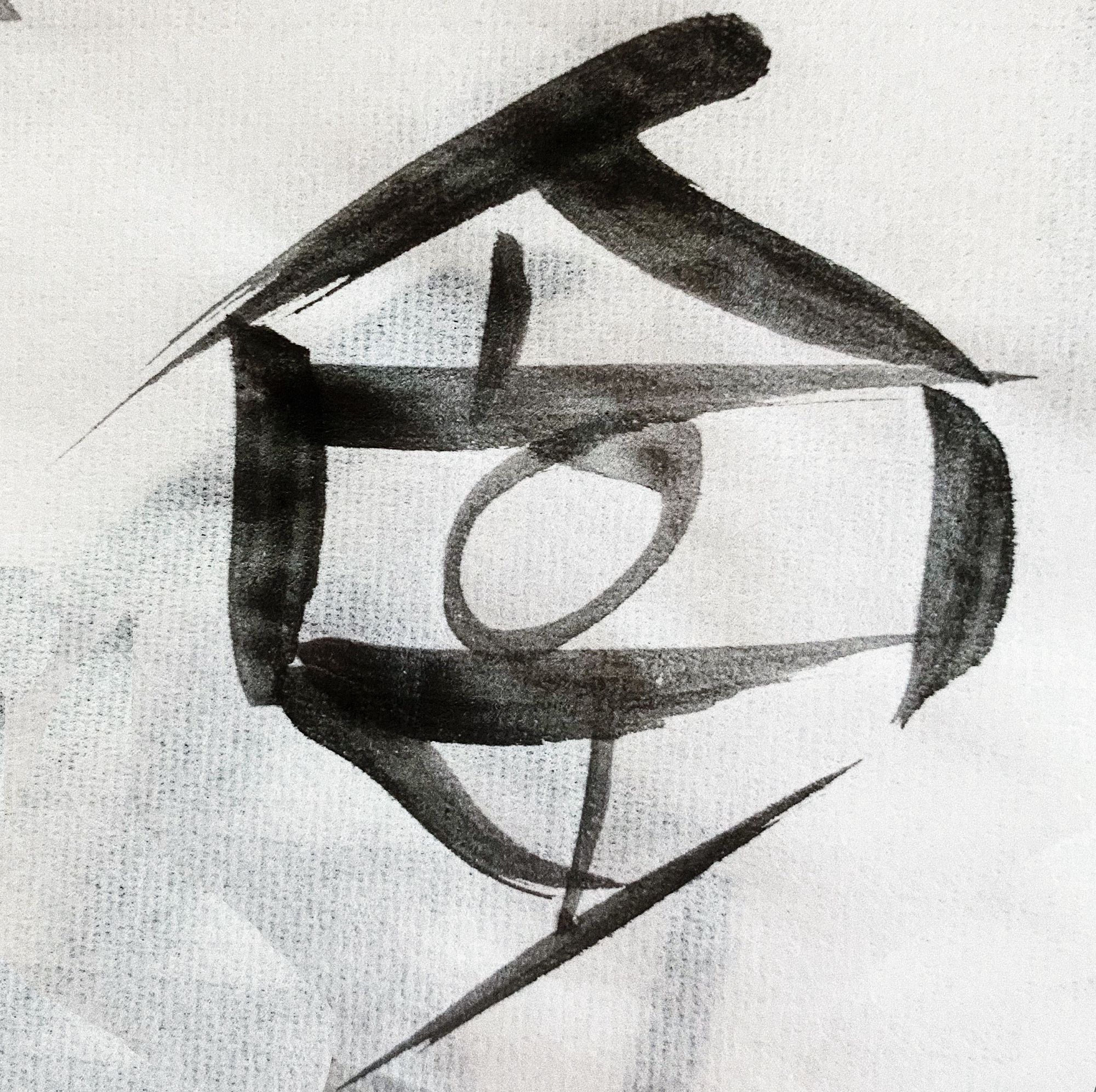The Poetics of Surprise: Parasite

Parasite: the Subterranean Subtext
[This newsletter contains spoilers for Bong Joon-ho’s Parasite.]
Parasite is a difficult film to talk about. It’s mercurial, slippery. Like all of Bong Joon-ho’s work, it refuses to be reduced into a single genre, a single category. Family drama, horror film, comedy, taut thriller, unsettling attraction and romance — all run through the core of the film like electric wires, crisscrossing, sparking, creating brilliant arcs of energy between the threads and ultimately galvanizing into a stunning miracle of a film.
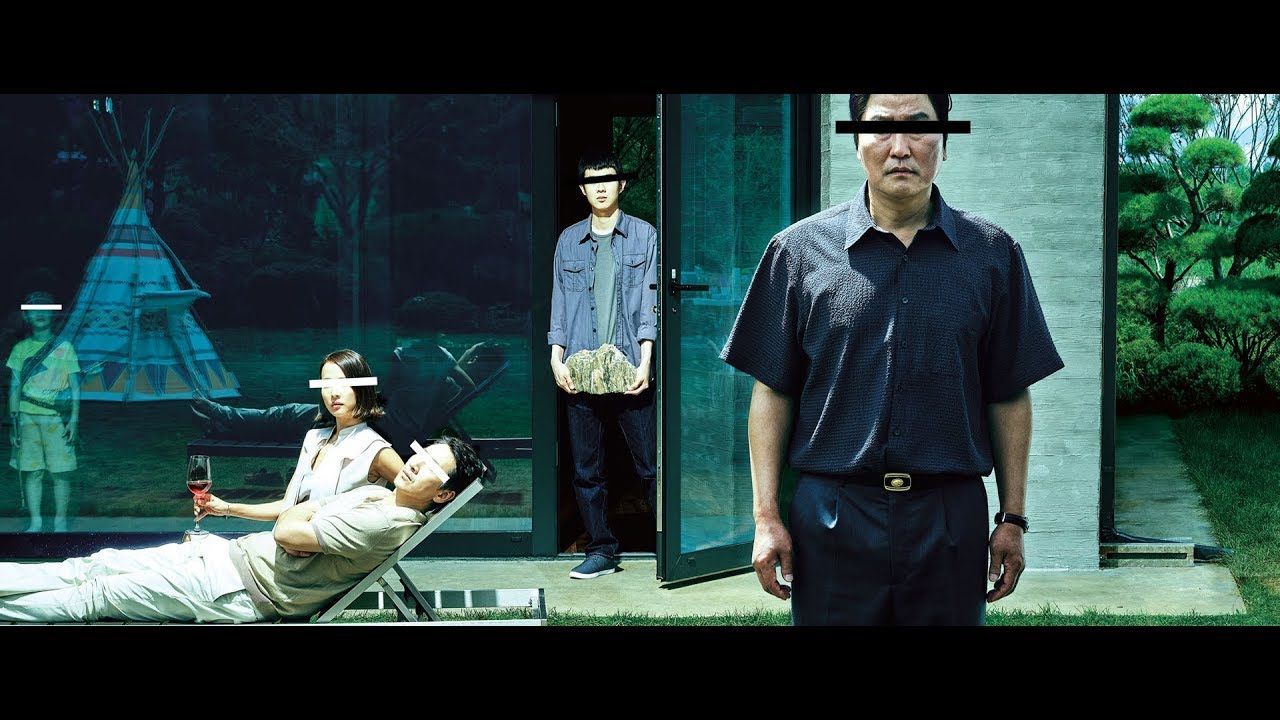
The film follows the Kims, an impoverished family of con artists living at the end of an alley somewhere in Seoul in an underground apartment with no wifi and a recurrent drunk man peeing outside their window. Ki-woo, the son, comes into possession of a scholar’s rock and a job opportunity. His friend, in university unlike Ki-woo, is headed abroad for the year and wants Ki-woo to take over his English tutoring job for a rich family, the Parks. So begins a rambling, hilarious sequence that takes up the first half of the movie in which the Kims con their way into every role in the household. Ki-woo as English tutor to a teenage girl, his sister Ki-jeong as art tutor to a troubled child, his father Ki-taek as driver, and his mother Chung-sook as housekeeper. The siblings contrive to get the existing driver fired, implying he’s a pervert using the family car for trysts with young women, and manufacturing a belief that the housekeeper, Moon-gwang, has tuberculosis.
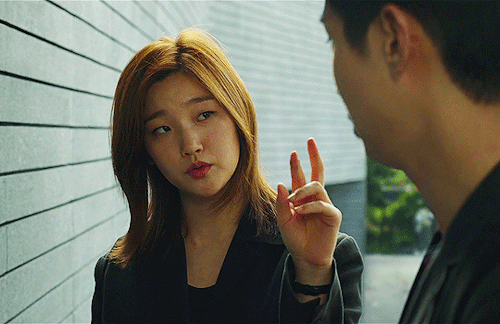
If this sounds complicated, it is. It is also not the twist. The first act of the movie is a total delight. Watching the Kims worm their way into the Park household is endlessly funny, clever, and dark. The sheer brilliant brazenness of the four of them pretending not to know each other and take on these cushy jobs to better their living condition is presented as a heroic canniness on the part of the Kims. Each of them, in their own way, is a master of their different roles. Playing the part of good, willing servants to a powerful and wealthy master class.
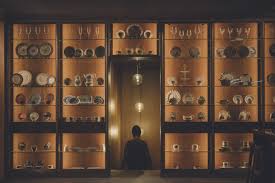
Of course, the specter that hangs over it all is Moon-gwang. A true loyalist, the housekeeper to the architect of the beautiful mansion that is as much a character in the film as any of the humans, she stayed on seemingly out of a loyalty to her former master’s great work. She works tirelessly to feed the family, keep house, and brews endless homeopathic concoctions in the basement. We see the classic image of a wall full of steeping herbs, infusing alcohols, and pickling vegetables presented as a path down into a subterranean darkness. The mysteries of Moon-gwang in the basement are seeded often and early, with little hint to the reality of her work down there.
The first act ends with a riotous, drunken party the Kims host for themselves in the Parks’s lavish living room. Snacking on junk food, drinking whiskey and beer, the four of them laugh and tease each other and celebrate their success. It is a moment of genuine bonding between this family we’ve come to love in their class conscious one-upping of the dumb and the rich.
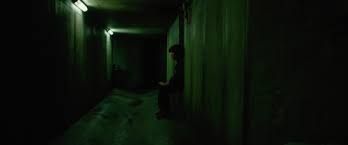
Except, the twist. That mothafuckin twist. Moon-gwang returns, interrupting their party and begs to be let into the house to retrieve something she left in the basement. Revealing over time, of course, that what she’s hidden down there isn’t an important family heirloom or whatever, but a whole ass human. Her husband, stashed in a bunker built into the house as a shelter against future invasion, future bombings, has been surviving without food for days while the Kims, oblivious to his presence, ran the household.
The reveal is masterful, a tense set-piece that pits the frantic energy of Moon-gwang against the shaggy, drunk stumblings of the Kims, and the slow return of the Parks to their home, their camping trip canceled by a sudden, fierce rainstorm. Everyone’s motivations are running at cross purposes: Moon-gwang and her husband to not be discovered as having stolen from the Parks and hidden in the house all these years. The Kims to not be discovered and also exposed as con artists. The Parks to just live their lives, untroubled by the goings on of the less privileged.
This set piece makes up the whole of the second act. The Kims realizing there is someone literally beneath them, physically, in station, in all ways. The growing violence of their conflict. The storm that washes out their own subterranean home, culminating in the image of Ki-jeong sitting on the lid of the toilet as the flood waters rise, a horrible black sludge erupting from beneath her. It’s horrifying, disgusting, and undeniably funny.
This is a movie with many faces. It revels in depravity. It celebrates the kind of working class canniness that drives both of the servant families. It treats the privileged with empathy, showing they have real emotions, conflicts, and drives. Even as they subtly, and cruelly tear down the people in their employ.
And then the twist. The realization that there are strata within strata. This inverts the dynamic between the Parks and the Kims and forces us to recontextualize how we see the players in this farce. The Kims aren’t heroes. The Parks aren’t villains. Everyone is just trying to survive. Capitalism is the storm and it washes us all down into the gutter.
There's no easy answer. Park Da-song, the young boy, is obsessed with pop-cultural images of American indigenous culture. It feels like he’s reaching for a simpler life. Sleeping in a teepee, shooting rubber arrows at visitors. But it’s all play-acting. It’s crass and it’s exploitive. And when he insists on a trite cowboys and Indians scene to be played out for his birthday Ki-taek is forced into a headdress and made to play the part of the attacker. It’s a cruel mummer’s act that forces everyone to play roles unsuited to them, to debase themselves before a rich child who doesn’t know any better.
Modern life, the movie seems to argue, is all we have. And modern life is hell. It’s a dark bunker far underground where the worker smashes his head into a switch just for the honor of making sure his master’s way is lighted. It’s a family stealing jobs from others who need them, just so they can survive their own subterranean sewer. It’s a husband and wife betrayed by people they trusted. Their daughter seduced. Their son haunted. Cut down and killed on their own, perfectly manicured lawn.
But it’s not a bleak movie. As always, Bong finds solace in human connection. The love the Kims have for one another is palpable throughout the entirety of the film. The intense, joyful bonds that keep them a family and keep them striving to better themselves. Even Moon-gwang and her husband survive on their love. And we have a tender, if awkward and tense, love scene between the Parks while they watch over their son, sleeping in a tent on the lawn.
The central thesis of the movie wouldn’t work without the twist. The reveal is not only delightful — I turned to my friend in the theater and we silently yelled at each other in sheer shock and astonishment. We clapped our hands and laughed with glee like small children presented with a vanishing coin. I can’t remember ever having as much fun in a movie as I did in this one.
But it’s also the argument. It’s the twist of the knife, saying there’s no justice under capitalism. Social mobility is the lie that keeps us tearing each other down. The myth of the self-made man. The exhortation to pull yourself up by your bootstraps. It keeps us in the basement, fighting over scraps, beating ourselves bloody in service of the wealthy and the powerful.
The storm of capitalism, the calm that follows, only to be punctured by inevitable violence. This is no Marxist revolution though. It’s a bloody, pointless death. A dog feeding on a meat skewer stuck in the side of a man who did nothing other than be rude to the help. A young, beautiful, brilliant con artist stabbed to death under a beautiful, clear blue sky.
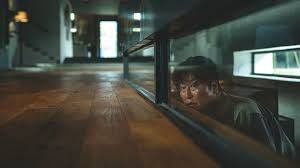
The movie ends, of course, with a man trapped in a basement. Ki-taek, the father, hiding after killing Mr. Park back in the basement with Moon-gwang’s body. And it ends with Ki-woo dreaming of one day buying the house and saving his father from his imprisonment. Our love for our family, the thing that saves us, is also our leash. Ki-woo will never escape his need for more wealth, more power, so long as he loves his father.
He will never own that house.
